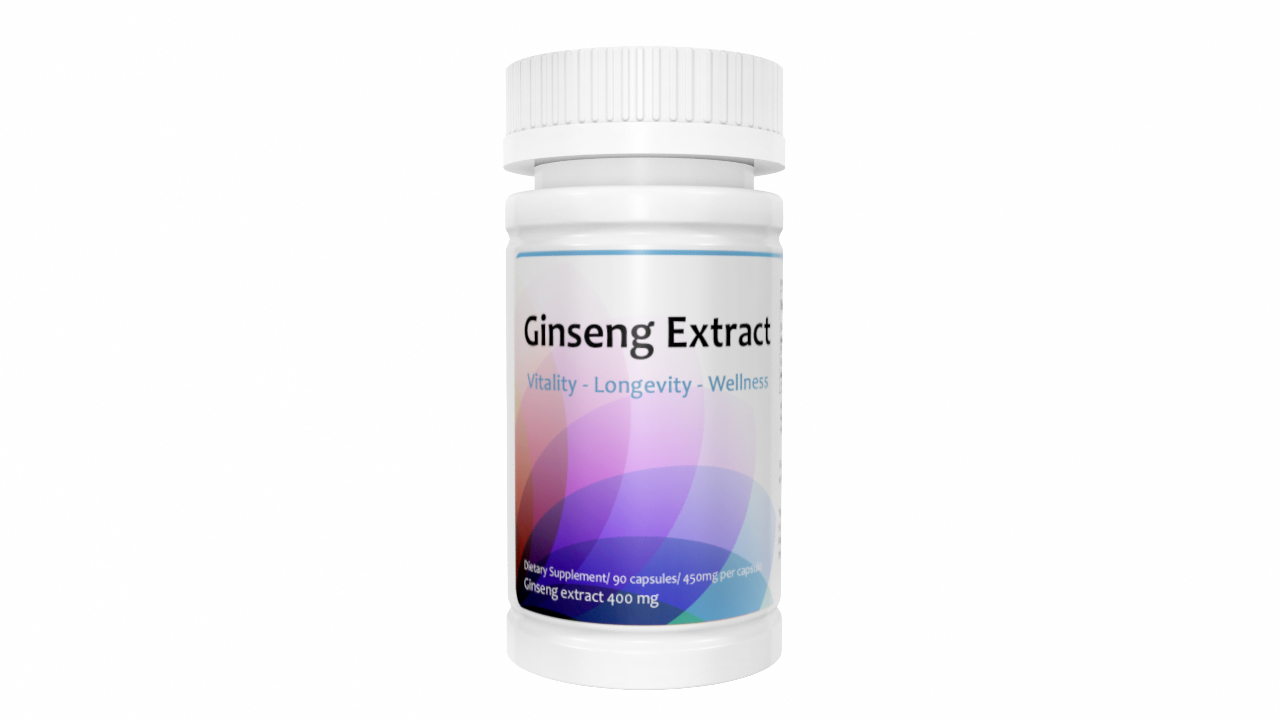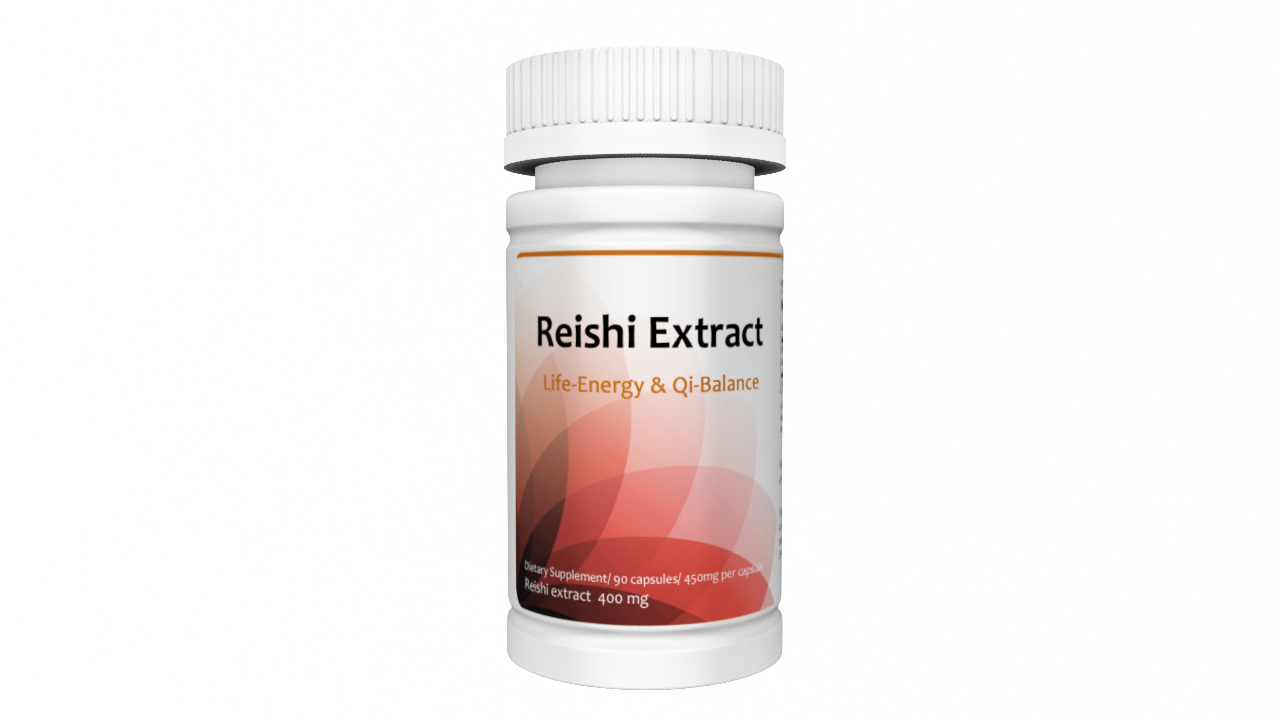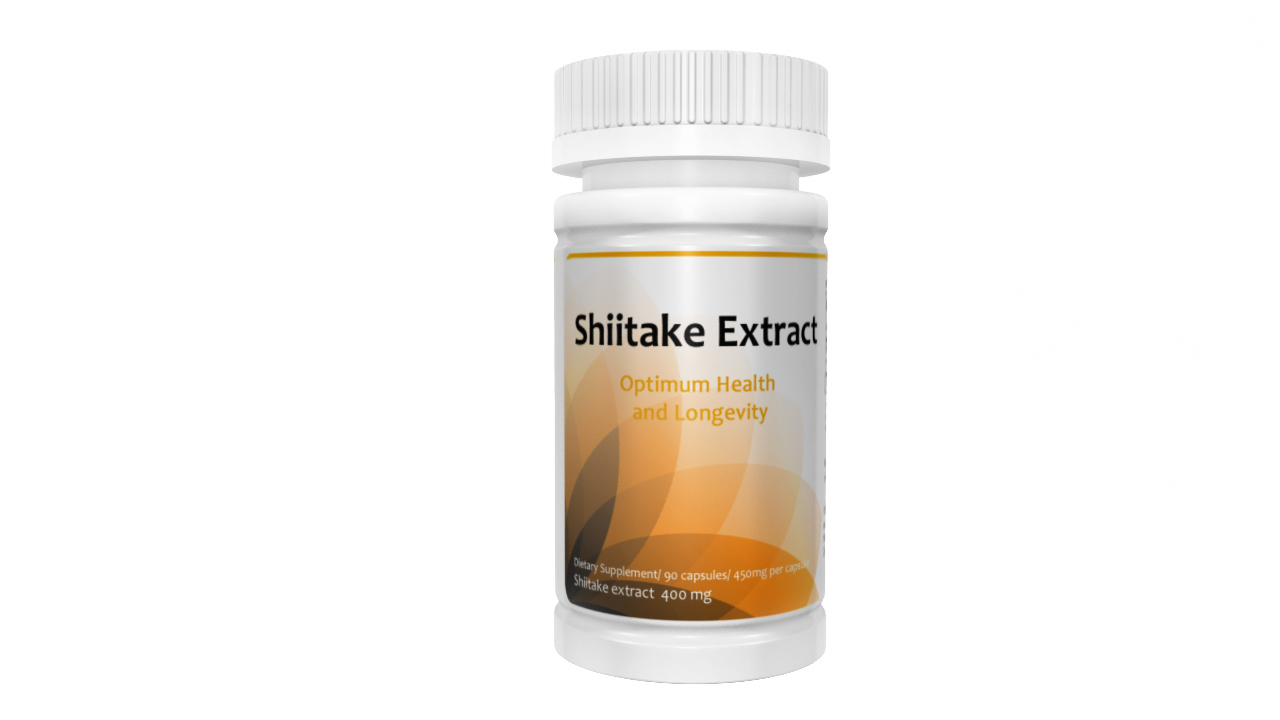Cordyceps Benefits Overview
Cordyceps is a unique and amazing fungus that enhances almost every cell of the human body. Traditional Chinese medicine recognised Cordyceps centuries ago and has been using it to:
- increase vitality and longevity
- improve appetite
- regulate blood pressure and cholesterol level
- strengthen the cardiovascular system
- improve sexual energy and desire.
Clinical studies conducted in elderly patients with fatigue have shown significant decreases in fatigue and increases in ability to tolerate cold temperatures, improved memory and cognitive capacity, and sex drive. After taking Cordyceps for 30 days:
- 92% of individuals showed reduction of fatigue
- 89% showed reduction in feeling cold
- 83% showed reduction in dizziness (Talbott, SM. A guide to understanding dietary supplements. New York: Haworth Press, 2003).
Several scientific studies suggested that Cordyceps stimulates the immune system by increasing the number of white blood cells – our body’s first line of defence against various infections and illness. Due to these immunity enhancers, Cordyceps is often recommended as a rejuvenator for increasing energy while recovering from an operation or a serious illness (Holliday, J et al. Encyclopedia of dietary supplements. Dekker Encyclopedias, Taylor and Francis Publishing, 2005).
Cordyceps may alleviate the symptoms of various respiratory illnesses including chronic bronchitis and asthma (Ganxhon, L et al. The essentials of traditional Chinese herbal medicine (5th edition). USA: Foreign Language Press, 2003). Other research has shown that Cordyceps increases the level of oxygen that people are able to assimilate, which has shown to be of benefit to sportspeople to improve athletic performance, endurance and stamina (Talbott, SM. A guide to understanding dietary supplements. New York: Haworth Press, 2003).
Clinical tests conducted in Japan and China have shown that Cordyceps is effective in regulating blood sugar (Zhao CS. et al. Cordyceps Cs-4 improves glucose metabolism and increases insulin sensitivity in normal rats. J Altern Complement Med. 2002 Aug;8(4):403-5; Kiho T. et al.Hypoglycemic activity of a polysaccharide (CS-F30) from the cultural mycelium of Cordyceps sinensis and its effect on glucose metabolism in mouse liver. Phytother Res 2000 Dec;14(8):647-9; Tai-Hao, H. et al. Biological activity of Cordyceps (Fr.) Link Species (Ascomycetes) Derived from a Natural Source and from Fermented Mycelia on Diabetes in STZ-Induced Rats. Inter J of Med Mush 4; 111-125).
Another benefit of Cordyceps is helping with cholesterol regulation (Zhu, JS, Halpern, GM, Jones, K. The scientific rediscovery of an ancient Chinese herbal medicine: Cordyceps sinensis. Part I. Journal of Alternative and Complementary Medicine. 1998, 4(3), 289–303.).











